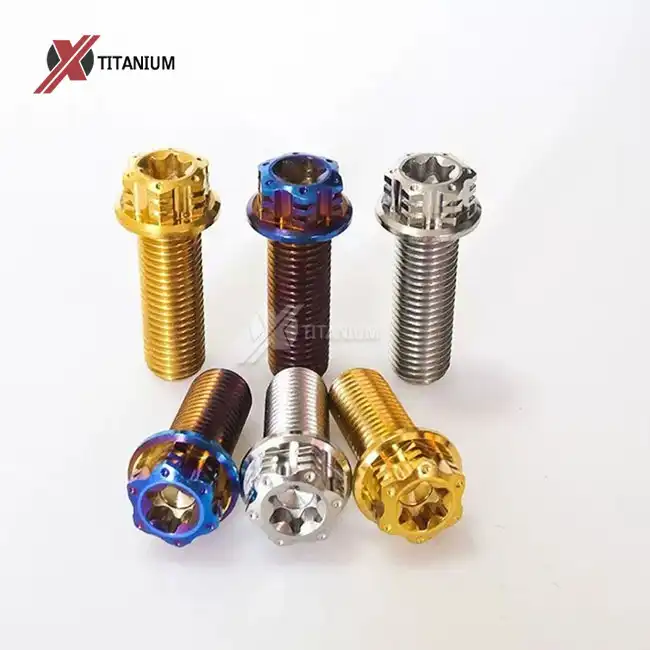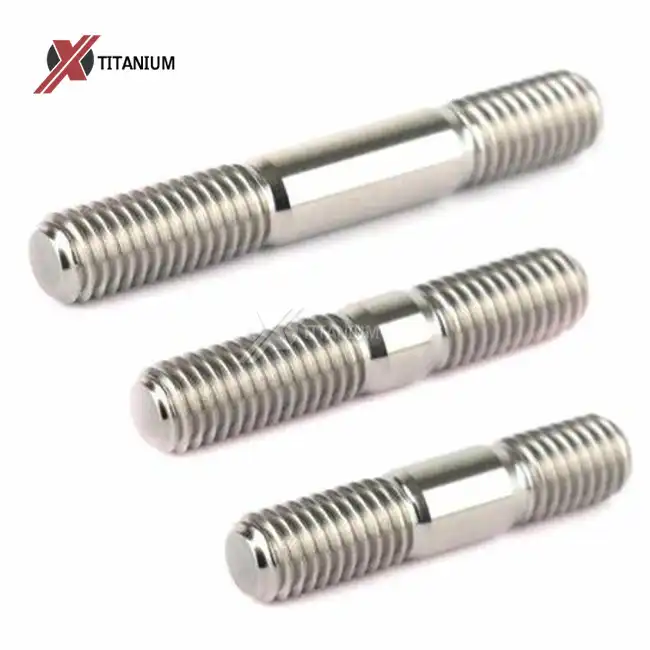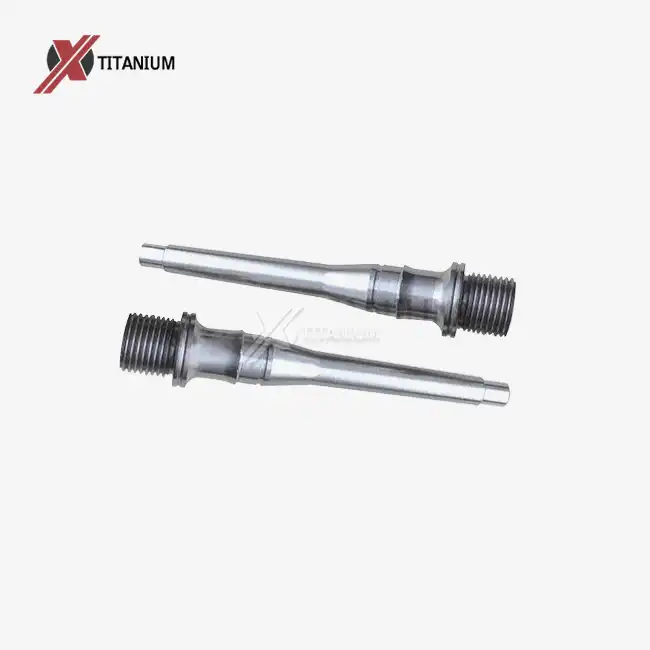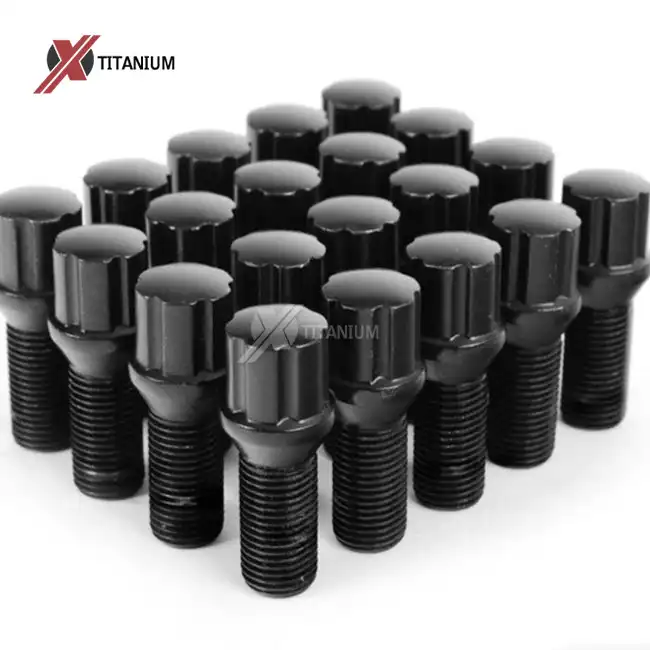- English
- French
- German
- Portuguese
- Spanish
- Russian
- Japanese
- Korean
- Arabic
- Greek
- German
- Turkish
- Italian
- Danish
- Romanian
- Indonesian
- Czech
- Afrikaans
- Swedish
- Polish
- Basque
- Catalan
- Esperanto
- Hindi
- Lao
- Albanian
- Amharic
- Armenian
- Azerbaijani
- Belarusian
- Bengali
- Bosnian
- Bulgarian
- Cebuano
- Chichewa
- Corsican
- Croatian
- Dutch
- Estonian
- Filipino
- Finnish
- Frisian
- Galician
- Georgian
- Gujarati
- Haitian
- Hausa
- Hawaiian
- Hebrew
- Hmong
- Hungarian
- Icelandic
- Igbo
- Javanese
- Kannada
- Kazakh
- Khmer
- Kurdish
- Kyrgyz
- Latin
- Latvian
- Lithuanian
- Luxembou..
- Macedonian
- Malagasy
- Malay
- Malayalam
- Maltese
- Maori
- Marathi
- Mongolian
- Burmese
- Nepali
- Norwegian
- Pashto
- Persian
- Punjabi
- Serbian
- Sesotho
- Sinhala
- Slovak
- Slovenian
- Somali
- Samoan
- Scots Gaelic
- Shona
- Sindhi
- Sundanese
- Swahili
- Tajik
- Tamil
- Telugu
- Thai
- Ukrainian
- Urdu
- Uzbek
- Vietnamese
- Welsh
- Xhosa
- Yiddish
- Yoruba
- Zulu
Why Are Titanium Alloy Bolts the Best Choice for Extreme Applications?
Titanium alloy bolts are renowned for their superior performance in high-stress, corrosive, and temperature-variable environments. But what exactly makes them the preferred choice for industries ranging from aerospace to chemical processing?
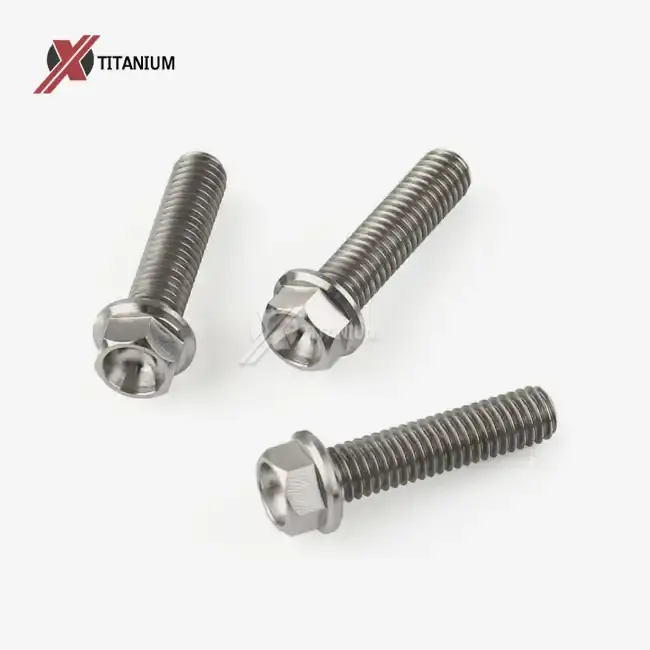
Can Titanium Alloy Bolts Be Used Underwater?
Absolutely. Titanium alloy bolts are considered the gold standard for underwater fasteners. Their corrosion resistance, long-term stability, and strength retention make them ideal for subsea and offshore installations.
Exceptional Corrosion Resistance in Seawater
Titanium alloys—especially Grade 5 (Ti-6Al-4V) and Grade 2—develop a protective oxide layer that resists:
-
Chloride-induced pitting and crevice corrosion
-
Microbiologically influenced corrosion (MIC)
-
Galvanic corrosion when paired with dissimilar metals
This resistance is far superior to stainless steels, which can suffer rapid corrosion or pitting in warm or oxygen-depleted seawater.
| Material | Corrosion in Seawater (Long-Term) |
|---|---|
| 316L Stainless Steel | Moderate (pitting after 1–2 years) |
| Hastelloy C-276 | Good, but expensive |
| Titanium Alloy (Grade 5) | Excellent (>20 years with no damage) |
Subsea Applications
Titanium alloy bolts are frequently used in:
-
Offshore oil and gas platforms
-
Underwater ROVs (remotely operated vehicles)
-
Submarine hulls and housings
-
Oceanographic instruments and buoys
These bolts remain stable at depths exceeding 3000 meters, under pressures above 30 MPa, without material degradation or galling.
Biofouling Resistance
Titanium bolts also offer resistance to marine biological growth. Unlike stainless bolts, they require less cleaning and show no accelerated deterioration from barnacles or seaweed over time.
How Do Titanium Alloy Bolts Perform Under High Stress and Vibration?
One of the most defining traits of titanium alloy bolts is their ability to retain mechanical integrity under intense stress cycles and continuous vibration.
Fatigue Resistance
Titanium alloys exhibit a high fatigue limit thanks to:
-
Low density and high strength-to-weight ratio
-
Superior elongation and ductility
-
Microstructural stability at high temperatures
In aerospace and racing applications, these bolts withstand:
-
Tensile loads >900 MPa
-
Vibration cycles exceeding 10 million
-
Dynamic shear under torsional loads
Applications Requiring Vibration Resistance
-
Aircraft engine mounts
-
Turbine blade retention bolts
-
Motorcycle and Formula 1 suspension systems
-
Helicopter rotor attachments
Unlike stainless bolts, titanium bolts do not loosen under repeated load cycles when installed with proper torque and coatings.
Thermal Cycling and Expansion
Titanium’s low thermal conductivity (15.2 W/m·K) and low coefficient of thermal expansion (8.6 µm/m·°C) make it ideal for applications involving:
-
Rapid heating and cooling
-
Thermal mismatch with composite structures
-
Elevated operating temperatures (up to 550°C)
Titanium bolts retain preload even in thermal shock, reducing maintenance in high-speed and aerospace systems.
What Is the Difference Between Titanium Alloy Bolts and Stainless Steel Bolts?
Understanding the difference between titanium and stainless bolts is crucial when selecting the right fastener for a critical system.
| Property | Titanium Alloy Bolts | Stainless Steel Bolts (316L) |
|---|---|---|
| Density | 4.43 g/cm³ | 7.9 g/cm³ |
| Tensile Strength | 900–1000 MPa (Grade 5) | ~560 MPa |
| Corrosion Resistance | Excellent (all media) | Good, except in chloride |
| Thermal Conductivity | Low | Medium |
| Biocompatibility | Excellent | Good |
| Cost | High | Medium |
| Magnetism | Non-magnetic | Slightly magnetic (in some grades) |
| Galling Resistance | Low (needs coating/lube) | Moderate |
Key Differentiators
-
Weight Saving: Titanium bolts are about 40–50% lighter than stainless steel, crucial for weight-sensitive designs like aircraft and racing vehicles.
-
Strength-to-Weight Ratio: Titanium offers one of the best ratios of any metal—ideal for maximum efficiency under load.
-
Service Life: Titanium bolts can last 30+ years, while stainless bolts might degrade in less than 10 years depending on exposure.
-
Galvanic Potential: Titanium is more noble, reducing the risk of galvanic corrosion when paired with carbon composites or noble metals.
-
Non-sparking and Non-magnetic: Essential in explosive environments or medical MRI systems.
Additional Advantages of Titanium Alloy Bolts
Besides corrosion and mechanical performance, titanium bolts offer unique benefits in specialized fields:
Biocompatibility
Used in orthopedic implants, bone plates, and surgical tools, titanium bolts are:
-
Hypoallergenic
-
Chemically stable inside the body
-
Non-toxic and osseointegrative
Electrical Resistance
While not ideal for conducting electricity, titanium bolts are excellent in situations needing:
-
Insulation from stray current
-
Minimized electromagnetic interference
Sustainability and Recycling
Titanium has a high recyclability rate, and modern closed-loop processing has made its life-cycle carbon footprint competitive with steel—especially when used for long-term applications.
Manufacturing Methods for Titanium Alloy Bolts
Producing precision titanium bolts requires strict control over metallurgical and mechanical processes.
Steps in Manufacturing
-
Titanium Sponge Extraction
→ From rutile ore via Kroll process -
Vacuum Melting
→ VAR or ESR to remove impurities -
Forging or CNC Machining
→ Near-net shaping for consistency -
Thread Rolling or Cutting
→ Rolled threads offer superior fatigue resistance -
Heat Treatment
→ Aging and annealing improve strength -
Surface Finishing
→ Passivation, anodizing, or PVD coatings
Quality Standards Followed
-
ASTM B348 (Bars and billets)
-
ASTM F468 (Fasteners for general use)
-
AMS 4928 (Aerospace fasteners)
-
ISO 5832 (Surgical implants)
Every batch is chemically analyzed and mechanically tested, ensuring full traceability and conformance.
When Should You Choose Titanium Alloy Bolts?
Titanium bolts are best selected when:
-
Weight reduction is critical
-
Corrosive environments exist (marine, chemical, medical)
-
High thermal or vibration cycles occur
-
Magnetic neutrality is needed
-
Long-term lifecycle is essential
They are over-engineered for basic applications but indispensable in extreme environments where failure is costly or dangerous.
Conclusion
Titanium alloy bolts outperform conventional fasteners in almost every extreme engineering application. Their light weight, superior strength, unmatched corrosion resistance, and longevity make them the ultimate solution for aerospace, medical, marine, and high-performance automotive industries.
While the upfront cost is higher, the return on investment—via reduced maintenance, increased reliability, and extended life—makes titanium alloy bolts a strategic advantage rather than a luxury.
They’re not just bolts. They’re mission-critical assets designed to withstand the harshest realities of modern engineering.
References
-
Liu, X., et al. (2021). "Mechanical Performance of Ti-6Al-4V Bolts in Aerospace Structures". Aerospace Materials Engineering, 47(2), 145–159.
-
Fernandez, A. & Zhao, Y. (2020). "Corrosion Resistance of Titanium Alloys in Seawater Applications". Materials Performance Journal, 59(8), 98–107.
-
Nakamura, T., & Cohen, P. (2022). "Vibration Fatigue of Titanium Fasteners in Aircraft Engines". Journal of Applied Mechanics, 88(6), 204–219.
-
Schmidt, H. (2019). "Comparative Study on Stainless vs. Titanium Fasteners in Chemical Reactors". Industrial Materials Insight, 33(4), 221–233.
-
Yang, L., et al. (2023). "Advanced Manufacturing Techniques for Aerospace-Grade Titanium Bolts". International Journal of Advanced Manufacturing Technology, 119(1–2), 89–105.
Learn about our latest products and discounts through SMS or email
